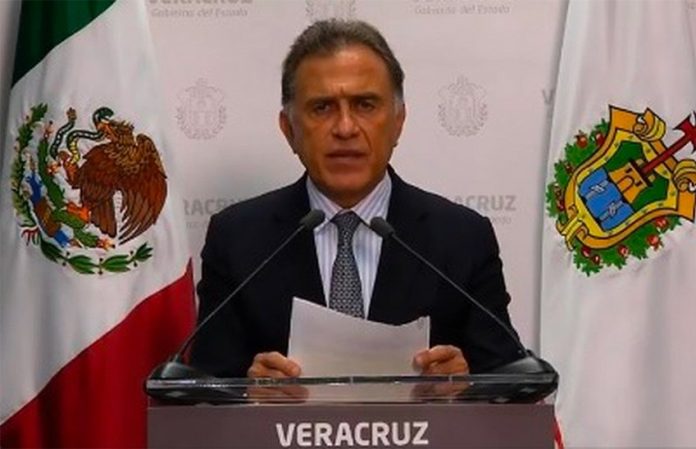“Confused” Veracruz lawmakers have passed legislation to prevent the online dissemination of information that be harmful to “reputation and self-esteem.”
But the governor says he’ll veto it.
The state approved an amendment to the criminal code that has been dubbed the “anti-meme law” but is officially called the cyberbullying law.
The law states that anyone found guilty of using “any means of digital communication” to “disseminate harmful and malicious information about another person . . . that harms their reputation and self-esteem” will be liable to go to jail for up to two years in addition to completing 100 days of community service.
Forty of the 50 deputies in Congress supported the law.
Congress sources said the original intention of the legislation was to stop people from publishing images or videos of a sexual nature on the internet to take revenge on an ex-partner.
However, at the last minute the intent of the law was widened to include all forms of online bullying and abuse.
Following the vote, outgoing Veracruz Governor Miguel Ángel Yunes Linares said he would “veto the anti-meme law,” declaring it was unconstitutional because it violates the right to freedom of expression of Veracruz residents.
“This government . . . has acted and will act in favor of promoting the free expression of ideas of the citizens and always against censorship,” Yunes said.
Once he receives the decree mandating the new law, Yunes said, he will return it to Congress annotated with his observations for their due study, analysis and debate.
Cinthya Amaranta Lobato Calderón, a newly-elected deputy for the Morena party, said lawmakers had been confused about the proposed legislation and that many “believed they were voting to ratify the federal law against cyberattacks,” adding that they weren’t given sufficient time to analyze it.
Source: e-consulta (sp), Milenio (sp)
